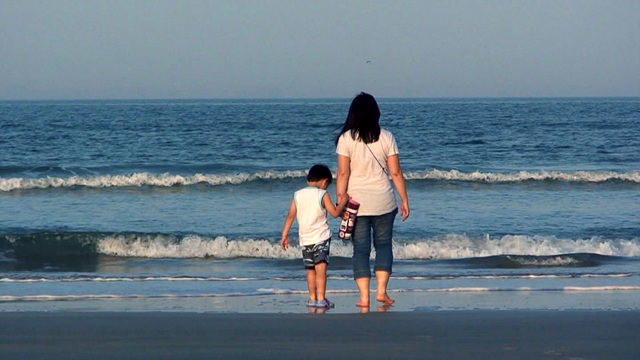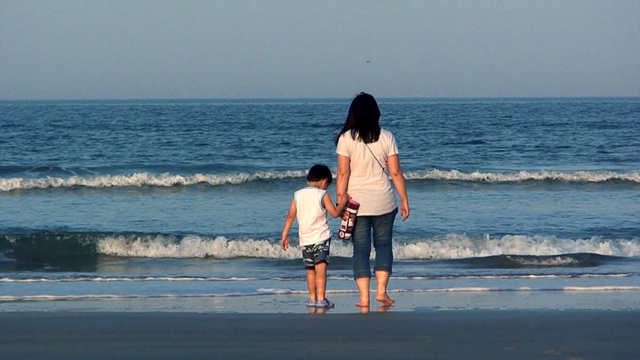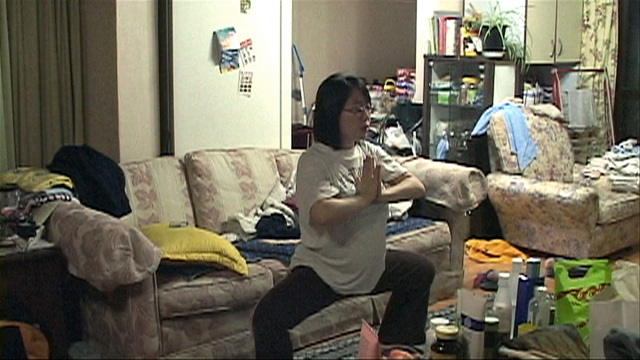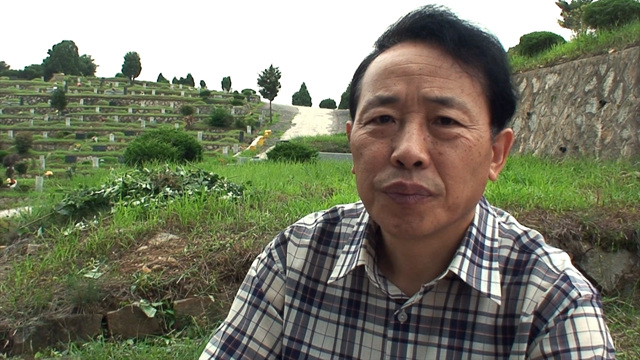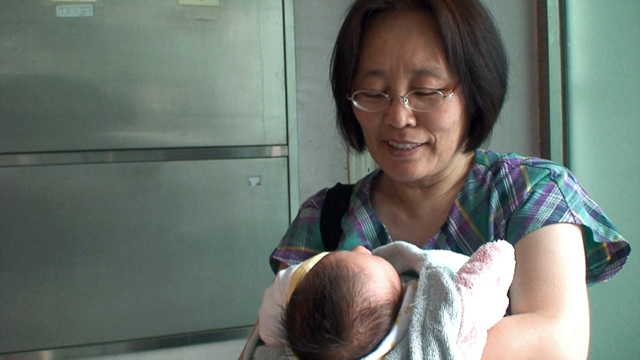15th(2013)
My Place
Emmanuel Moonchil PARK
- Korea
- 2013
- 77min
- HD
- color
- Documentary
SYNOPSIS
Synopsis
One day my sister came back from Canada, with unwed pregnancy! How will she pull this off? And how will my parents react? Being curious and worried at the same time, I decided to start filming this new chapter in my family\'s life. But what I initially thought was a story of an (un-wed) single mother, turned out to be more - I came to face my family\'s history of migrating from Canada to Korea.
Program Note
The most progressive change in occurring in contemporary Korean society is that not having a child has become a choice that is just as possible as the choice to have a child. This is not because various types of families are envisioned, but rather because an economic, psychological fear about childcare is overflowing in Korean society. If you worry about the sister in the film, it is not because of the truth that she did not marry, but rather it is because she may not know how horrible it is to bear and raise a child. However, this process of bearing and raising a child becomes an opportunity to initiate a harmonious and mature relationship between family members that is unlike the relationship that existed before. A single mother story becomes a healing process for a patriarchal family trauma and the history of Korea. A father who has been suspended from the patriarchal father role and position; a mother who feels a huge burden due to a family history that is related to the history of modern Korea, and hurts from it; and the sister who didn’t care about other ones’ emotional injuries due to her own massive wound–they each show their own pain, and heal and pat one another. [HWANG Miyojo]
PROGRAM NOTE
Synopsis
One day my sister came back from Canada, with unwed pregnancy! How will she pull this off? And how will my parents react? Being curious and worried at the same time, I decided to start filming this new chapter in my family\'s life. But what I initially thought was a story of an (un-wed) single mother, turned out to be more - I came to face my family\'s history of migrating from Canada to Korea.
Program Note
The most progressive change in occurring in contemporary Korean society is that not having a child has become a choice that is just as possible as the choice to have a child. This is not because various types of families are envisioned, but rather because an economic, psychological fear about childcare is overflowing in Korean society. If you worry about the sister in the film, it is not because of the truth that she did not marry, but rather it is because she may not know how horrible it is to bear and raise a child. However, this process of bearing and raising a child becomes an opportunity to initiate a harmonious and mature relationship between family members that is unlike the relationship that existed before. A single mother story becomes a healing process for a patriarchal family trauma and the history of Korea. A father who has been suspended from the patriarchal father role and position; a mother who feels a huge burden due to a family history that is related to the history of modern Korea, and hurts from it; and the sister who didn’t care about other ones’ emotional injuries due to her own massive wound–they each show their own pain, and heal and pat one another. [HWANG Miyojo]
Director
-
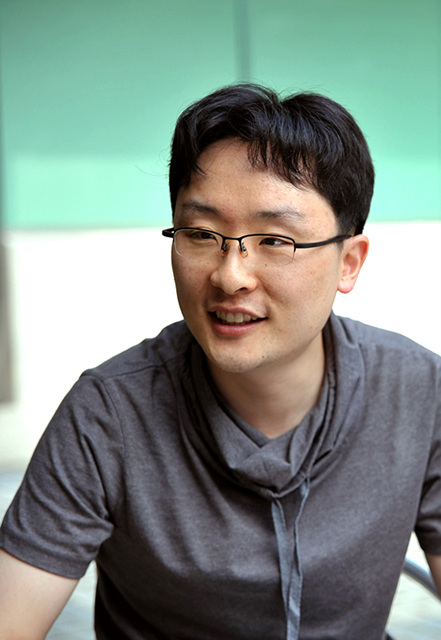
Emmanuel Moonchil PARKEmmanuel Moonchil PARK
Emmanuel Moonchil PARK was born in Toronto and migrated to South Korea with family when he was 11 years old. After making short films and doing staff work for independent film productions, got interested in documentaries, and is now doing an MFA program in documentary production at Korean National School of Arts. My Place , which he started filming since 2006, is his first feature length documentary.
Credit
- ProducerEmmanuel Moonchil PARK
- Cinematography Emmanuel Moonchil PARK, Peace PARK
- Editor Emmanuel Moonchil PARK, Peace PARK
- Music Mimyo

